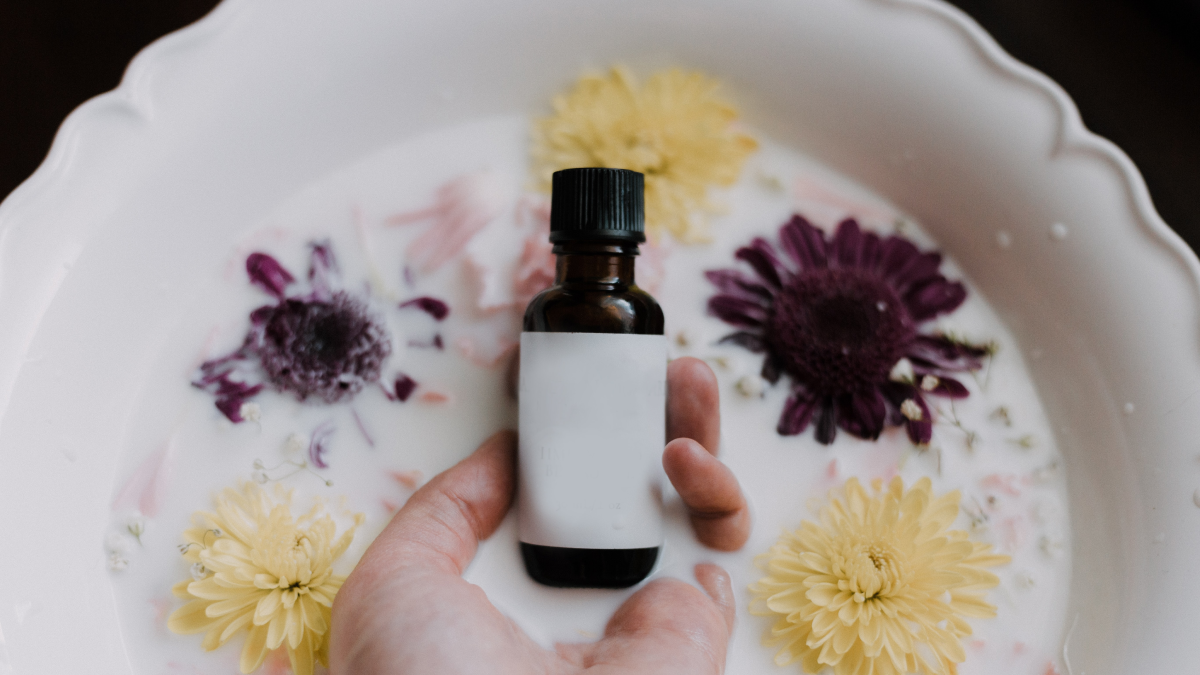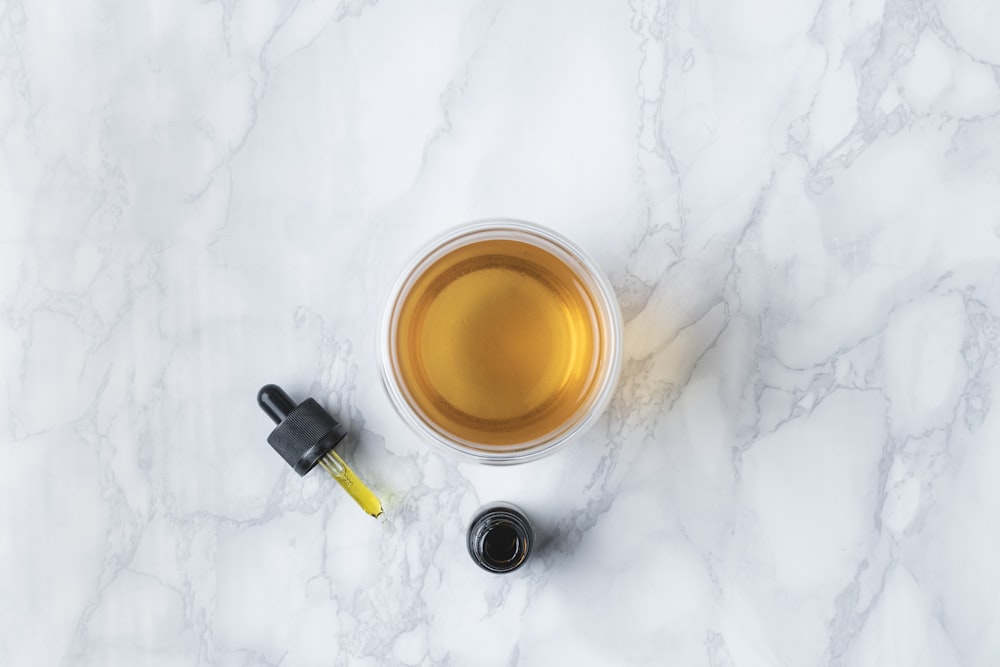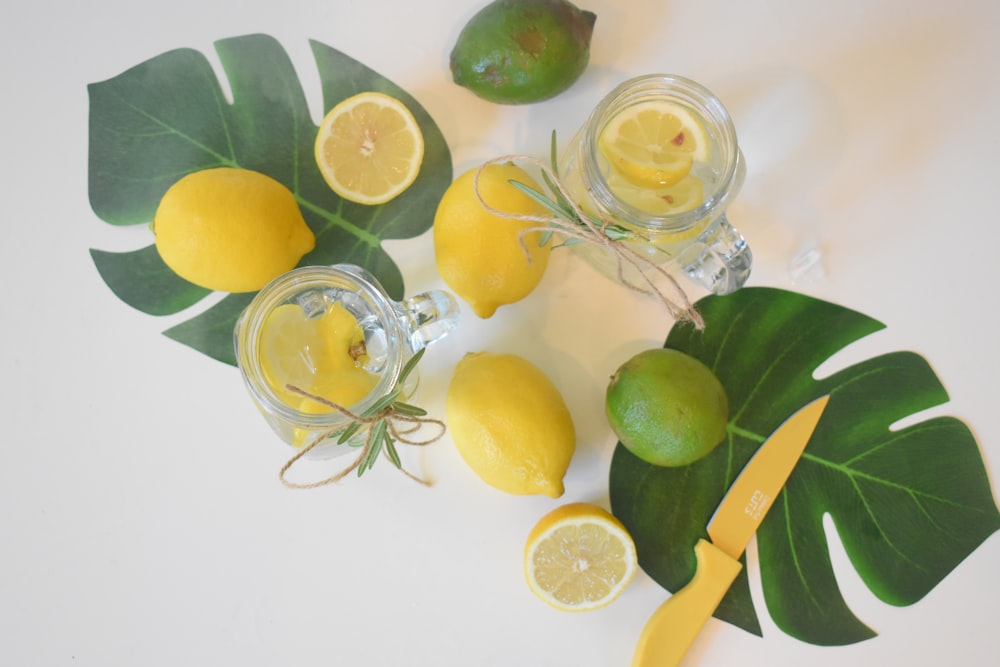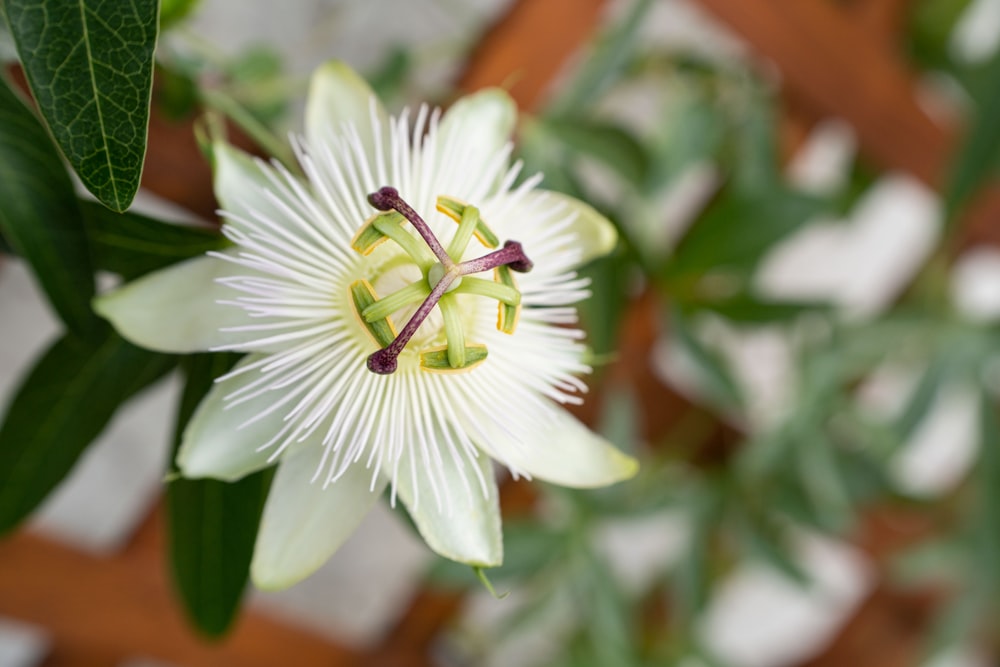
Those who have trouble falling asleep often search for safer and more natural alternatives to sleeping pills. Many of us don’t want to become dependent on prescription sleeping pills or risk the long-term side effects that can occur with the use of sleeping pills. These side effects include grogginess during the day and potential memory loss.
Perhaps you just can’t fall asleep no matter what you do, and that’s made you consider taking sleeping pills. Luckily, there are natural alternatives to sleeping pills that could work for you. The first thing you should try, however, before any sleeping pills or sleeping remedies, is improving your sleep hygiene. This includes cutting yourself off from any caffeine intake at a certain time in the day, cutting yourself off from screen time a couple of hours before bed, and meditating.
If you still struggle with falling asleep, explore some natural alternatives to sleeping pills instead of the prescription kind.
Going without sleep is not sustainable. In the long term, all those sleepless nights can dramatically increase the risk of Alzheimer’s disease. In fact, at The End of Alzheimer’s, Dr Dale Bredesen quotes one specialist as saying that the patients with early cognitive impairment who recover are the ones who improve their sleep.
Try to avoid reaching for pharmaceutical sleeping pills, because their side effects and addiction potential isn’t ideal for anyone. Below are some natural alternatives to sleeping pills to experiment with and sleep better:
1. Ashwagandha
Ashwagandha, sometimes known as Withania, is commonly taken to improve energy and immunity. It is one of the adaptogens, a class of herbal medicine with the ability to restore our response to stressors.
Studies find that ashwagandha can help relieve stress and anxiety while boosting cognitive performance. Part of this effect is through reducing the production of cortisol, the stress hormone. This is responsible for waking us up in the morning, but long-term stress can keep its levels high throughout the day and into the night. As high nighttime cortisol causes insomnia, herbal remedies that keep it in balance may improve sleep.
2. CBD Oil

Cannabidiol, or CBD, has become increasingly popular as a natural remedy for complaints including pain, anxiety and insomnia. However, it can go both ways. Low doses of CBD are more likely to be stimulating, while higher doses can help you sleep. Research on a dose of 160mg of CBD per day showed an increase in total sleep time, and a drop in the number of times volunteers woke up at night.
CBD’s potential as a natural alternative to sleeping pills could be partly due to CBD’s anti-anxiety effects, which maintains REM (dream) sleep duration. When I borrowed a friend’s CBD oil, I noticed that I did fall asleep faster and woke up feeling more refreshed.
CBD can sometimes take a few weeks of daily use to start working, so be patient when trying out this new remedy.
3. Take a Bubble Bath With LUSH Sleepy Bubble Bar
Heat relaxes the muscles, so a warm bubble bath before bed could definitely help relax your body. A 20-minute bath could help you feel sleepy, especially if you use the LUSH Sleepy Bubble Bar. This bath bar contains lavender oil which calms and soothes and has an ultra-relaxing scent to put you into sleep mode. Since your best bet to fall asleep fast includes a bedtime routine that avoids any screen time, a warm bath before bed is a fantastic bedtime routine. (Just stay off your phone in the bath, and listen to relaxing music instead.) Apply LUSH Sleepy Body Lotion after your bath, to all asleep with relaxing aromas.
4. Rhodiola
Rhodiola, like ashwagandha, is an adaptogen. If you’re familiar with it, you most likely know of it as a herb to boost mental performance under stressful situations. A study on acute stress demonstrated Rhodiola’s ability to blunt the stress response, reducing cortisol very soon after volunteers had done something stressful. What this means for you is that Rhodiola could help you enjoy a good night’s sleep after a stressful evening. We don’t always get to choose how we spend our evenings. We may have an emergency or annoying phone call to deal with instead. That’s the beauty of adaptogens, they assist our abilities to respond to stressors without burnouts or meltdowns.
5. Lemon Balm

I really like this herbal medicine. It smells like a lemon rind and leaves me feeling happy for no apparent reason. An open-label study on people with mild to moderate anxiety and sleep issues had similar findings. Over two weeks, lemon balm extract reduced anxiety by 15% and insomnia by 42%. Seventeen out of 20 participants enjoyed full remission from their insomnia, and 14 of them no longer had anxiety. Lemon balm works by slowing the breakdown of GABA, a calming neurotransmitter that promotes sleep and reduces anxiety levels. Many pharmaceutical sleep aids act by increasing GABA too, but lemon balm generally has little to no side effects.
6. Valerian
Valerian is more traditionally known as a treatment for poor sleep; it has long been used as a herbal remedy for insomnia across a range of causes. A clinical trial of 100 women with postmenopausal insomnia found that 30% of women had improved sleep quality when taking valerian, compared to 4% of the placebo group. Another study combining valerian with lemon balm showed a strong benefit of the herbal formula, as 81% reported improved sleep. Valerian contains anti-anxiety and sedative flavonoids, which work together to soothe insomnia. These may both promote the release of GABA, and prevent it from being taken back into the neurons so it cannot be used.
7. Chamomile
Chamomile tea is your grandma’s home remedy for insomnia and stress, and for a good reason. Research on chamomile extract involving older volunteers showed a decrease in time to fall asleep by around two and a half minutes, compared to the placebo. Some flavonoids in chamomile, particularly apigenin, can bind to the benzodiazepine receptors and have a sedative effect on the nervous system. I find that chamomile gives a light touch in its sleep supporting benefits. It is not asleep sledgehammer that will knock you out; instead, it just lends a helping hand.
8. Passionflower

Passionflower is more than just a beautiful face; it’s also a traditional remedy for insomnia. Lab research shows that it may work by increasing the use of the neurotransmitter GABA. As a sedative neurotransmitter, GABA can also relieve anxiety, which may be what’s keeping you up at night, too. In human trials, passionflower tea has shown benefits in improving sleep quality, making you feel more refreshed during the day.
9. Test For Food Intolerances
You may have an odd reaction to certain foods without realizing it. For me personally, any exposure to gluten will result in a night of complete insomnia. If I take enzymes that break down gluten, it resolves within an hour. Some research does suggest a higher prevalence of sleep disorders in people with celiac disease or those who “choose” to avoid gluten. It wasn’t seen as significant after adjusting for variables, but some of those variables did involve access to healthcare, which can mean sleeping pill prescriptions.
There are many natural alternatives to sleeping pills, which have little to no negative side effects. You may respond to something as seemingly irrelevant as removing a problem food from your diet. Perhaps you work well with sedative herbal remedies such as CBD oil or valerian, or maybe adaptogenic herbs are best for you. To get a clearer picture of what may be keeping you awake, a CircleDNA test could help you discover possible food intolerances, as well as a personalized sleep profile based on your genetics.







This Post Has One Comment
Comments are closed.